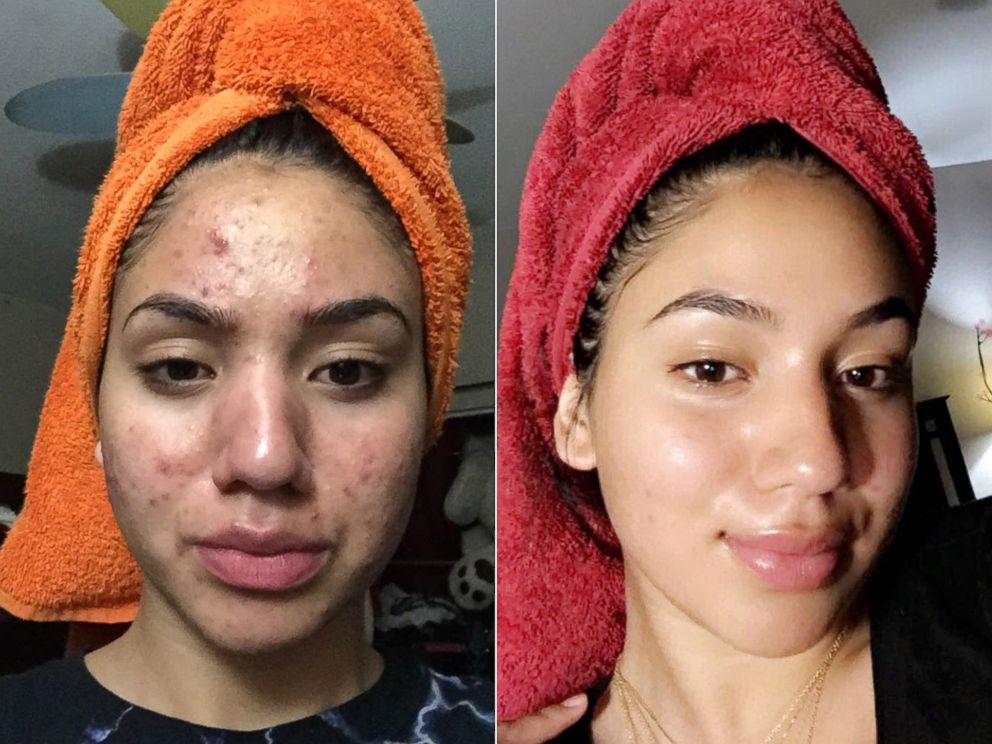Acne is one of the most common skin concerns among teenagers, often caused by hormonal changes, excess oil production, and clogged pores. Developing a consistent and gentle skincare routine is key to managing breakouts effectively without causing irritation or dryness.
In this guide, we’ll walk you through the ideal skincare routine for teenagers with acne—including product recommendations, tips for preventing flare-ups, and ways to maintain healthy skin during adolescence.
Why Teen Acne Happens
During puberty, the body produces more androgens—hormones that stimulate sebaceous (oil) glands in the skin. Excess oil mixes with dead skin cells and bacteria, leading to:
- Blackheads and whiteheads
- Pimples and cysts
- Inflamed red spots
A routine tailored to these concerns can help reduce clogged pores and control inflammation.
Step-by-Step Skincare Routine for Teenagers with Acne
| Step | What to Do | Recommended Ingredients | Frequency |
|---|---|---|---|
| 1. Gentle Cleanser | Wash away dirt and oil without stripping skin | Salicylic acid, benzoyl peroxide, tea tree oil | Twice daily (morning & night) |
| 2. Toner (Optional) | Balance pH and soothe skin | Witch hazel, niacinamide | After cleansing, once daily |
| 3. Treatment | Target acne with active ingredients | Benzoyl peroxide, salicylic acid, adapalene | Once or twice daily |
| 4. Moisturizer | Hydrate without clogging pores | Oil-free, non-comedogenic, hyaluronic acid | Twice daily |
| 5. Sunscreen | Protect skin from UV damage | Broad-spectrum SPF 30+, mineral-based preferred | Every morning |
Choosing the Right Products
Cleanser
A gentle foaming or gel cleanser with acne-fighting ingredients like salicylic acid can penetrate pores and reduce oiliness. Avoid harsh soaps that dry out skin, which can trigger more oil production.
Treatment
Spot treatments with benzoyl peroxide help kill acne-causing bacteria, while topical retinoids like adapalene promote cell turnover to prevent clogged pores.
Moisturizer
Even oily or acne-prone skin needs hydration. Lightweight, oil-free moisturizers maintain the skin barrier and prevent irritation from acne treatments.
Sunscreen
Daily sun protection is vital, especially when using exfoliating or acne-fighting ingredients that increase sun sensitivity.
Why Exfoliation Matters
Exfoliation removes dead skin cells that clog pores and contribute to blackheads and acne. However, teenagers with acne should avoid harsh scrubs that can irritate skin.
Instead, use chemical exfoliants that are gentler and more effective.
If you want to learn about the most effective products, check out our guide on the Best Exfoliators for Clogged Pores and Blackheads for safe options suited to acne-prone skin.
Tips for Managing Acne-Prone Teen Skin
- Avoid touching your face to reduce bacteria spread
- Keep hair clean and away from the face to prevent oil transfer
- Change pillowcases regularly to limit dirt and oil buildup
- Stay hydrated and maintain a balanced diet rich in fruits and vegetables
- Don’t pick or squeeze pimples, as it can cause scarring and infection
Sample Morning and Evening Routine
Morning Routine
- Cleanse with a gentle salicylic acid cleanser
- Apply a lightweight, non-comedogenic moisturizer
- Use broad-spectrum sunscreen
Evening Routine
- Cleanse to remove dirt, oil, and sunscreen
- Apply acne treatment (benzoyl peroxide or retinoid)
- Moisturize to soothe skin
FAQs About Teen Acne Skincare
Q1: Can teenagers use adult acne products?
Answer: Some adult acne products can be too strong or drying for teens. Choose formulas labeled for teen or sensitive skin and introduce active ingredients gradually.
Q2: How often should I exfoliate?
Answer: Exfoliate 1–3 times a week using gentle chemical exfoliants. Over-exfoliating can worsen acne and irritation.
Q3: Can diet affect acne?
Answer: While not the sole cause, diets high in sugary or processed foods may exacerbate acne in some teens. A balanced diet supports overall skin health.
Q4: Is it okay to wear makeup with acne?
Answer: Yes, but use non-comedogenic, oil-free makeup products and always remove makeup thoroughly at the end of the day.
Q5: When should a dermatologist be consulted?
Answer: If acne is severe, cystic, or not improving with over-the-counter products, seeing a dermatologist for prescription treatments is recommended.
Final Thoughts
A well-rounded skincare routine for teenagers with acne balances cleansing, treating, hydrating, and protecting the skin. Using gentle products tailored for acne-prone skin while incorporating proven ingredients like salicylic acid and benzoyl peroxide can help clear breakouts and prevent future flare-ups.
Remember, consistency is key. Avoid harsh scrubs and irritants and introduce new products slowly. If you want to refine your exfoliation routine, consider the Best Exfoliators for Clogged Pores and Blackheads that effectively clear pores without damaging sensitive teen skin.
With patience and care, clearer, healthier skin is achievable during the sometimes challenging teenage years.


